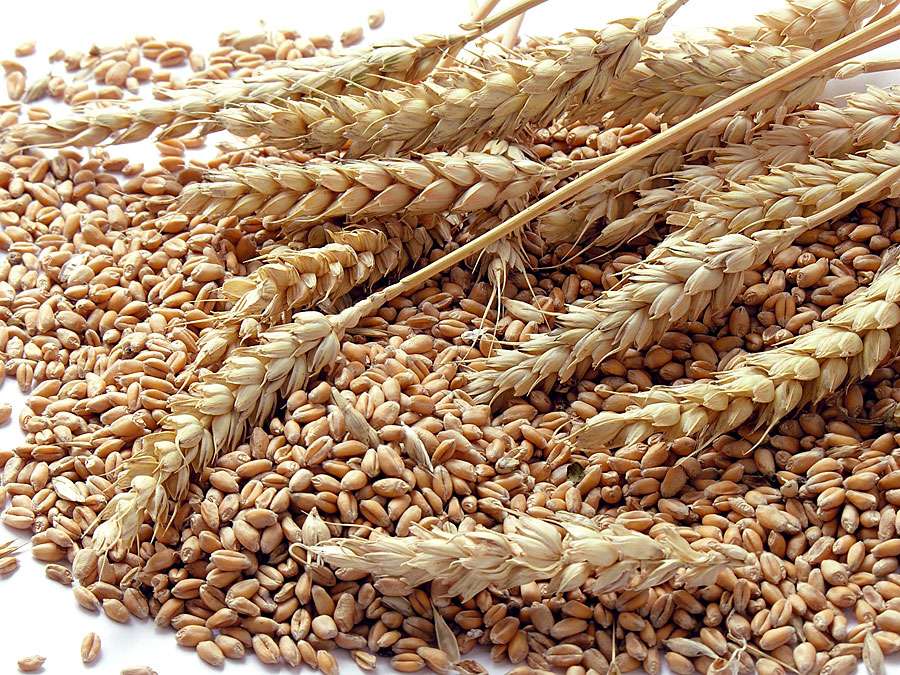The Philippines. Wheat imports expected to drop due to ASF

The Philippines is expecting to decrease its importation of wheat this year as the continued spread of the African swine fever (ASF) in the country will dampen hog feed demand.
In the latest report of the United States Department of Agriculture-Foreign Agricultural Service (USDA-FAS), this year’s importation at 7.15 million metric tons is two percent lower than the record-high 7.3 million MT in 2019.
“Although milling wheat consumption is expected to increase, total wheat imports will decline 150,000 MT due to lower hog feed demand from the continued spread of ASF,” the USDA said.
“The disease affects feed wheat more than corn as the former is utilized primarily in hog feeds, while poultry raisers prefer using corn,” it said.
Feed wheat consumption is expected to decline to three million MT due to ASF concerns, while milling wheat demand will slightly increase to 4.1 million MT as the growing Philippine middle class continues to shift to a more wheat-based diet.
There is no commercial wheat production in the Philippines and wheat is the main raw material for flour and feeds.
US wheat consistently dominates the Philippine milling market as consumption of wheat-based products such as flour, bread, pasta and noodles, continue to grow.
The Philippines is the second largest customer for US wheat exports and the largest market for both US soft white and hard red spring classes. Consumption has grown four to seven percent annually over the last decade.
Write to us
Our manager will contact you soon












